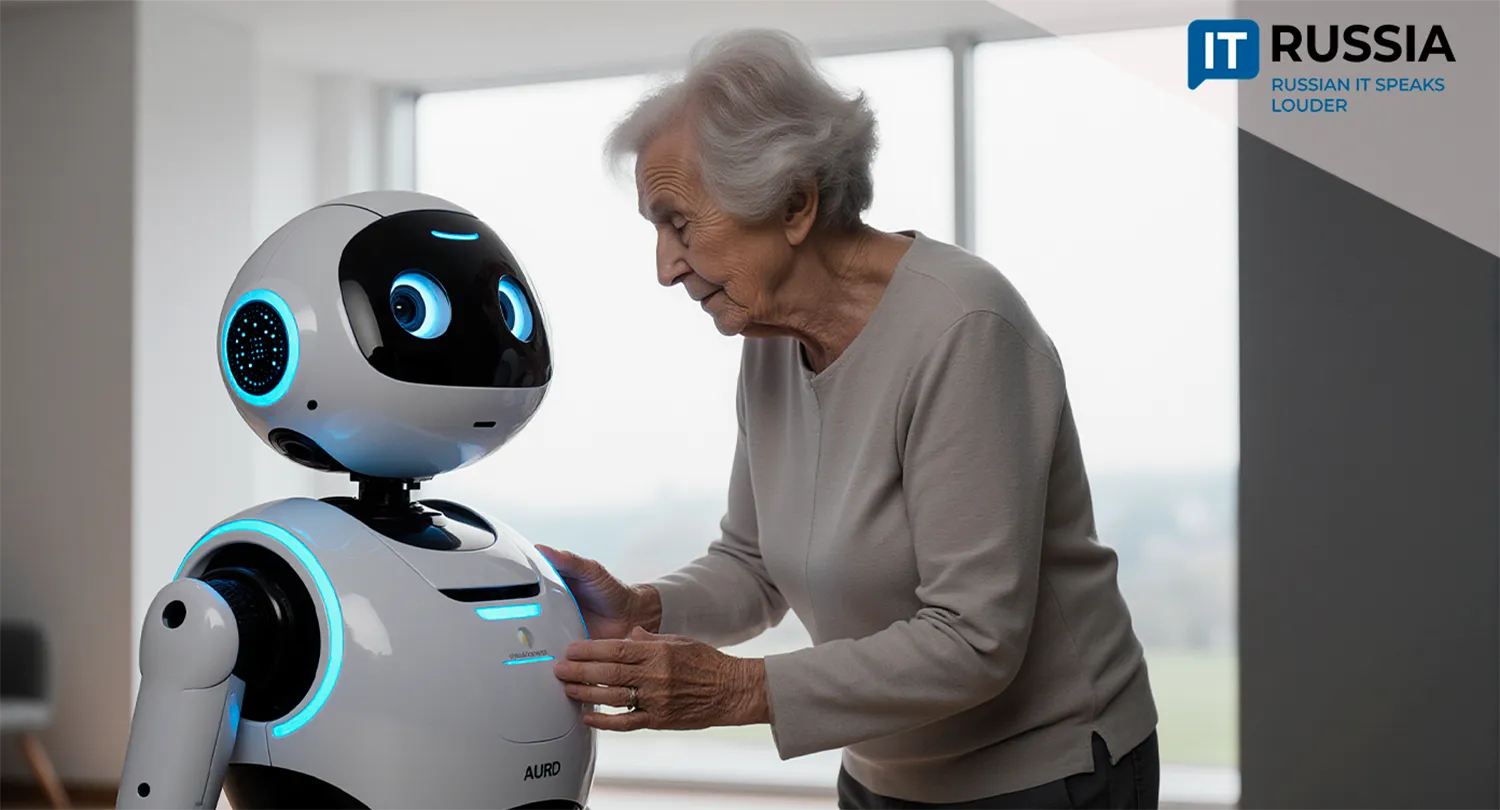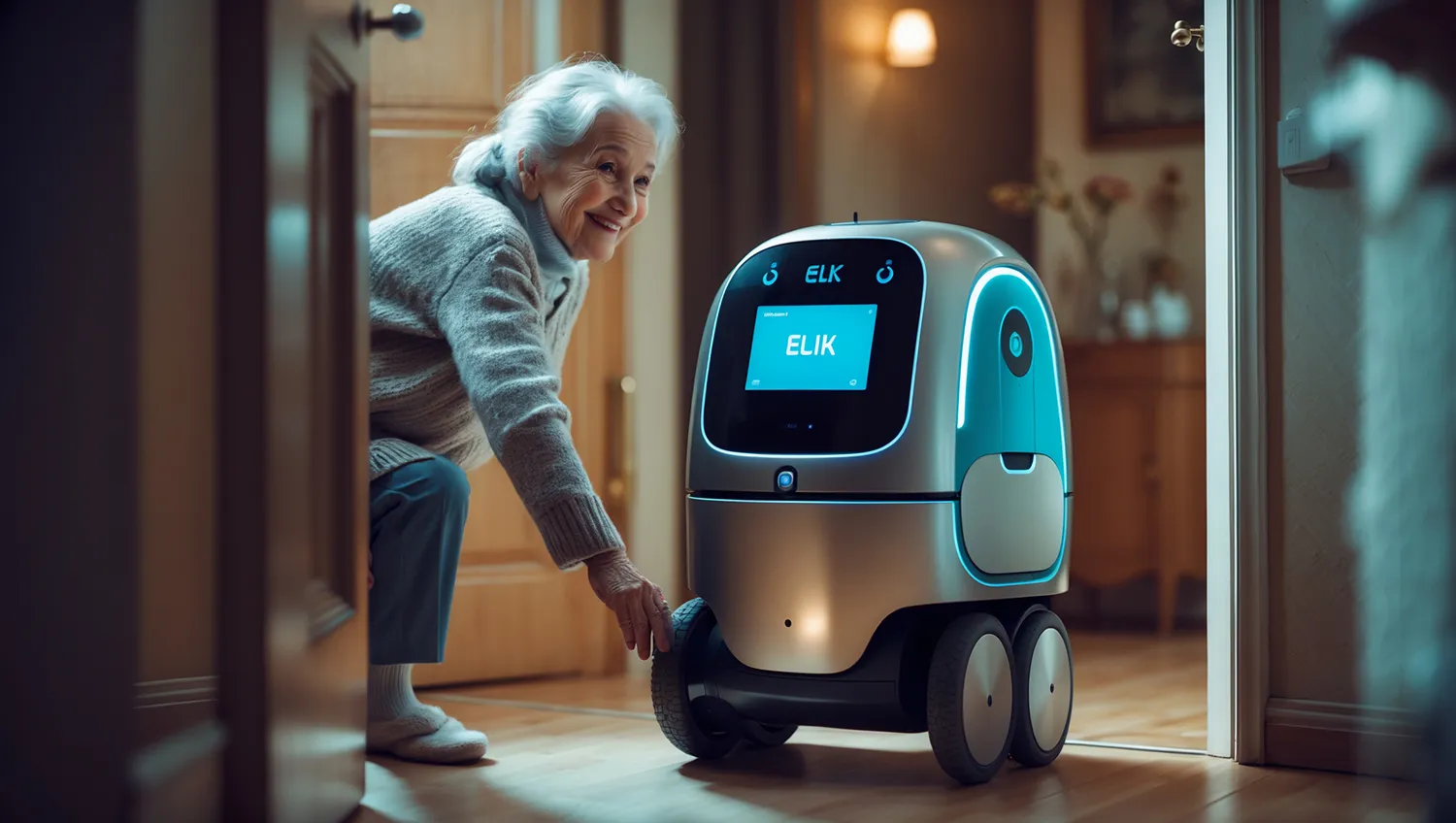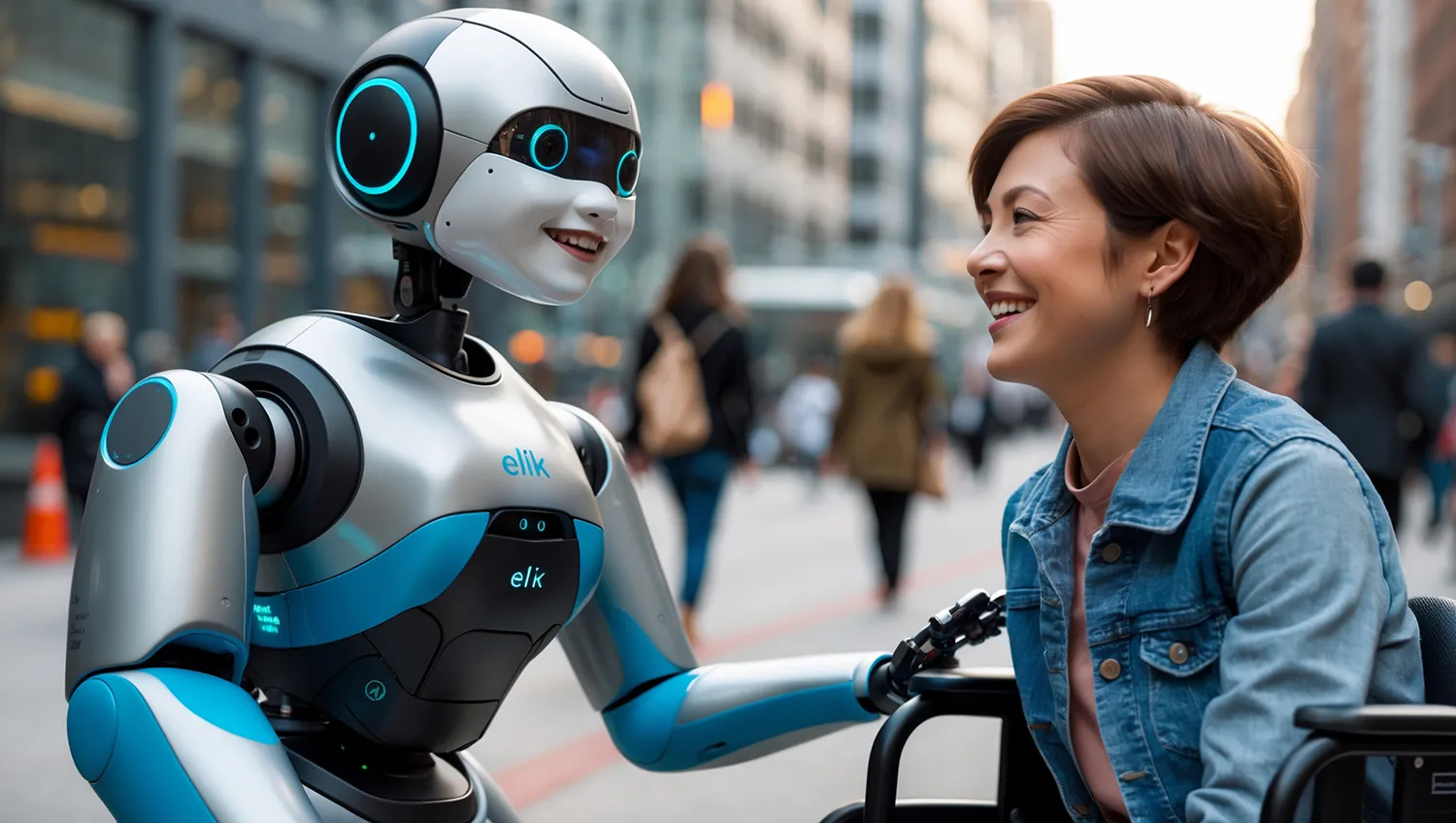Russian Students Develop Assistive Robot to Aid Seniors and People with Disabilities
Students and researchers in Russia have built a walker-style robot to support seniors and people with limited mobility. Though still an educational prototype, the project could pave the way for pilot programs in healthcare and social services.

Support for Seniors
Russian students, together with engineers from the company Dvizh.Tech, created their own development at the National Research Nuclear University MEPhI: the walker robot “Elik.” It is an experimental service robot intended to provide household support and accompany people with limited mobility. Elik can move autonomously at speeds of up to 20 km/h and navigate its environment. Though still a student project, it showcases the growing competencies of Russian universities in robotics.
The invention, conceived by Dvizh.Tech’s design bureau, will provide tangible support to elderly people and those with limited physical capabilities. It is also significant for Russian science as a whole, confirming the strengthening of university expertise and encouraging the development of engineering schools.
Moreover, Elik represents Russia’s contribution to the global trend of socially oriented robotics—an area that directly benefits people.

Looking Ahead
Despite the importance of the project, Elik is not yet positioned for export. For now, the robot is an educational and research initiative that could be used in social institutions, integrated into educational programs, or tested in pilot projects in medicine and caregiving. However, it still requires substantial upgrades.
In particular, Elik must be enhanced with critical technological features such as speech recognition and integration with smart home systems. The project must also move toward commercialization as a startup.
Social Robots
Research into social robotics is underway in many countries. In Japan, for example, Panasonic’s caregiving robots have been deployed since 2021.

Russia is also advancing distinctive projects in this field. In 2023, Skoltech introduced “Marsel,” a service robot for logistics and internal transport. And in 2024, Bauman Moscow State Technical University launched a Center for the Development of Industrial Robotics, which now also supports service-focused projects.
Foundation of a Future Market
The new Elik robot is a strong example of how university projects can grow into practical solutions for the social sector. In the near future, the project may evolve into a prototype with expanded functions. At that stage, it could be piloted in medicine and social services. With support from grants and accelerators, Elik could eventually form the basis for a startup.
Looking further ahead, such initiatives lay the foundation for an emerging market of affordable assistive robots in Russia. With favorable conditions, projects like Elik could anchor this market in the near future.










































